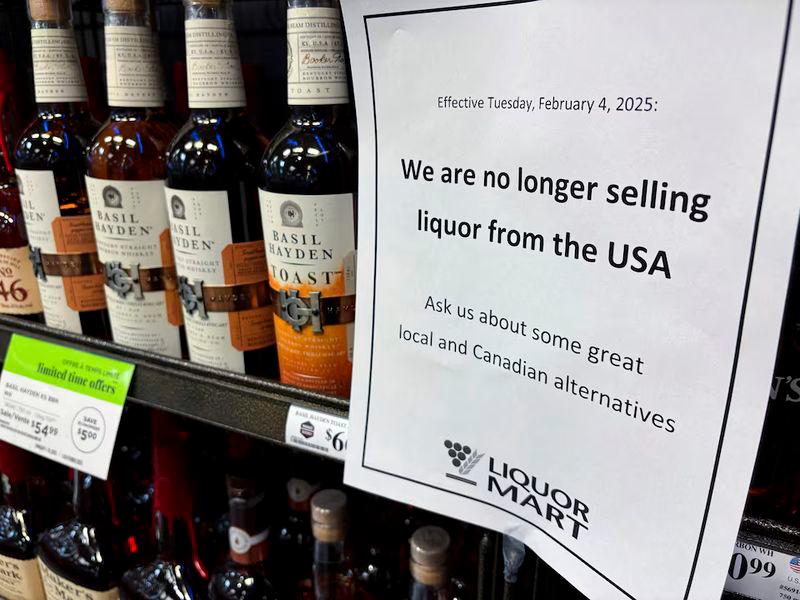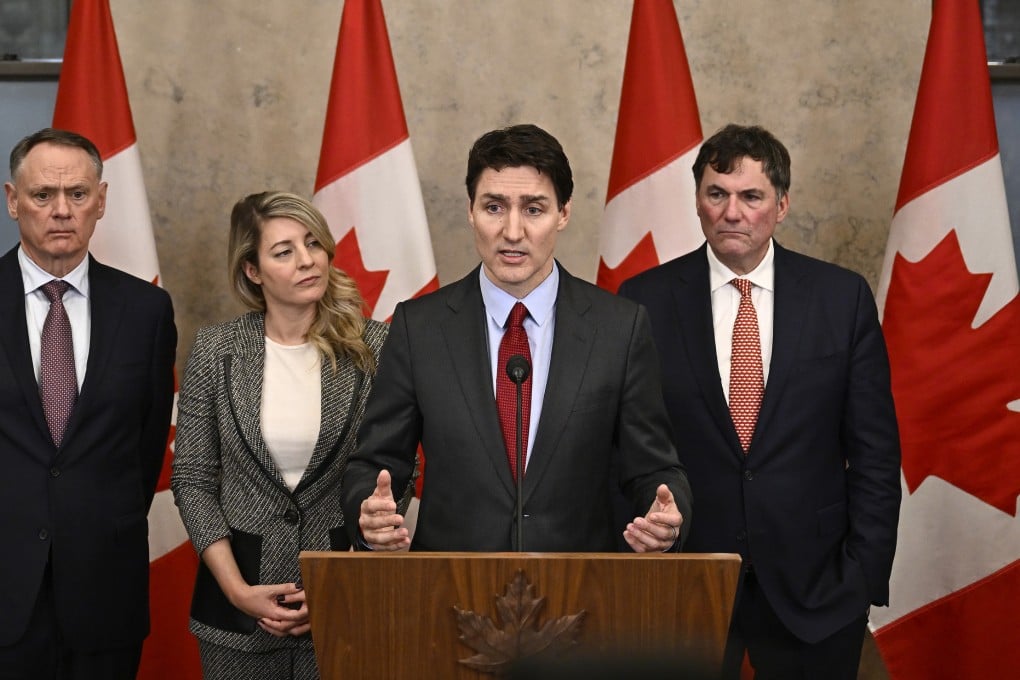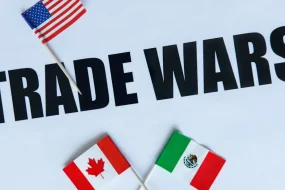
Recently, the trade relationship between Canada and the U.S. has been strained due to the imposition of tariffs by U.S. President Donald Trump. Canada has taken significant steps to protect its economy and support its workers. This blog answers the actions taken by provincial governments, support for affected workers, and joint efforts between the two countries. It concludes with the implications of these developments.
Meaning
The tariffs are essentially taxes on imported goods, to protect American industries by making foreign products more expensive. In this case, Trump has levied 25% on a wide range of Canadian goods, and 10% on energy products. This move is a declaration of a trade war, prompting Canada to respond in kind to safeguard its economic interests.

Retaliatory Tariffs
In direct response to the U.S. tariffs, Canada announced a comprehensive package of retaliatory tariffs amounting to $155 billion. The first phase of this response includes immediate tariffs on $30 billion worth of American goods, which encompasses products such as orange juice, peanut butter, and appliances.

A second phase will follow, targeting an additional $125 billion in goods, including vehicles, steel, and aluminium products. Canadian Finance Minister Dominic LeBlanc emphasized this is to protect Canadian consumers and businesses from the adverse effects of U.S. trade policies.
Provincial Actions
Canadian provinces have also taken proactive measures to counter the impact of U.S. tariffs.
- British Columbia has halted purchases of American liquor from Republican states and is excluding U.S. suppliers from new procurement agreements.
- Alberta is focusing on diplomatic efforts to persuade U.S. officials to lift tariffs and has called for enhanced border security.
- Manitoba has directed its liquor control authority to stop selling American products.
- Ontario has removed American products from its liquor control board’s shelves and cancelled a contract with Elon Musk’s Starlink service.
These provincial actions reflect a unified stance against the tariffs and a commitment to support local economies.
Support for Affected Workers

Recognizing the economic challenges posed by the tariffs, the Canadian government has pledged to support workers and businesses adversely affected by the U.S. measures. Minister LeBlanc has stated that the federal government should assist those “unjustly affected” by the tariffs. This includes establishing a remission process to provide exceptional relief from the tariffs and ensuring that support programs are available for impacted workers.
Joint Efforts
Despite the tensions, Canada and the U.S. have made efforts to collaborate on issues such as drug trafficking, particularly concerning fentanyl. Prime Minister Trudeau has highlighted the progress made in addressing these concerns, including joint initiatives to discuss precursor chemicals with China. This cooperation underscores the importance of maintaining a constructive dialogue between the two nations, even amidst trade disputes.
Conclusion
Canada’s response to Trump’s tariffs illustrates a multifaceted approach to protecting its economy and supporting its workers. Retaliatory tariffs, provincial actions, and a commitment to assist affected individuals. Canada is standing firm against what it perceives as unjust trade practices. The ongoing joint efforts between Canada and the U.S. also highlight the potential for collaboration, even in challenging times. As both countries navigate this complex landscape, the outcomes of these actions will significantly impact their economic relationship moving forward.
Read more on Lifetips.blog












